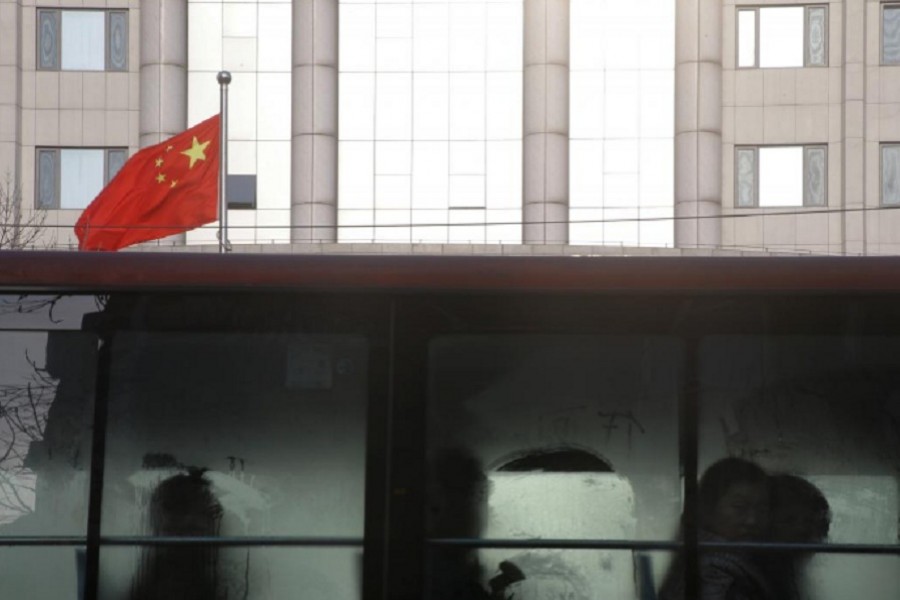The subversion trial of a prominent Chinese human rights lawyer in what Amnesty International called a ‘sham’ hearing ended on Wednesday without a verdict being announced.
Wang Quanzhang, who took on sensitive cases such as complaints of police torture and defended followers of the banned Falun Gong spiritual movement, went missing in August 2015 during a sweeping crackdown on rights activists, reports Reuters.
Most cases from that summer, known as the 709 cases for the first day of detentions on July 9, 2015, have concluded. Wang, however, was incommunicado for more than 1,000 days and his case has drawn international attention.
Investigators said he had “for a long time been influenced by infiltrating anti-China forces” and had been trained by overseas groups and accepted their funding, according to a copy of the indictment seen by Reuters.
Police turned non-Chinese journalists and Western diplomats away from the heavily guarded court in the northern port of Tianjin and denied entry to Wang’s supporters and family.
The court had decided, in accordance with the law, to hold a closed trial as the case involved state secrets, it said in a statement, adding that the verdict would be released at a later date. It gave no other details.
Yang Chunlin, an activist who has previously been jailed for subversion, stood opposite the courthouse shouting “Wang Quanzhang is a good person” and “I support Wang Quanzhang” before plainclothes agents wrestled him into a car and sped away.
The indictment says Wang worked with Peter Dahlin, a Swedish rights worker who was detained in China for three weeks before being deported in 2016, and others to “train hostile forces” as well as provide investigative reports on China to outsiders.
It also says Wang had distorted the facts in his online statements about the case of a policeman who killed a man in Heilongjiang in 2014, and of “cults” that he had defended.
Dahlin, now in Madrid, said on Twitter they had kept all documentation dating back to 2009 “and will release anything needed to dispel that it constitutes subverting state power”.


